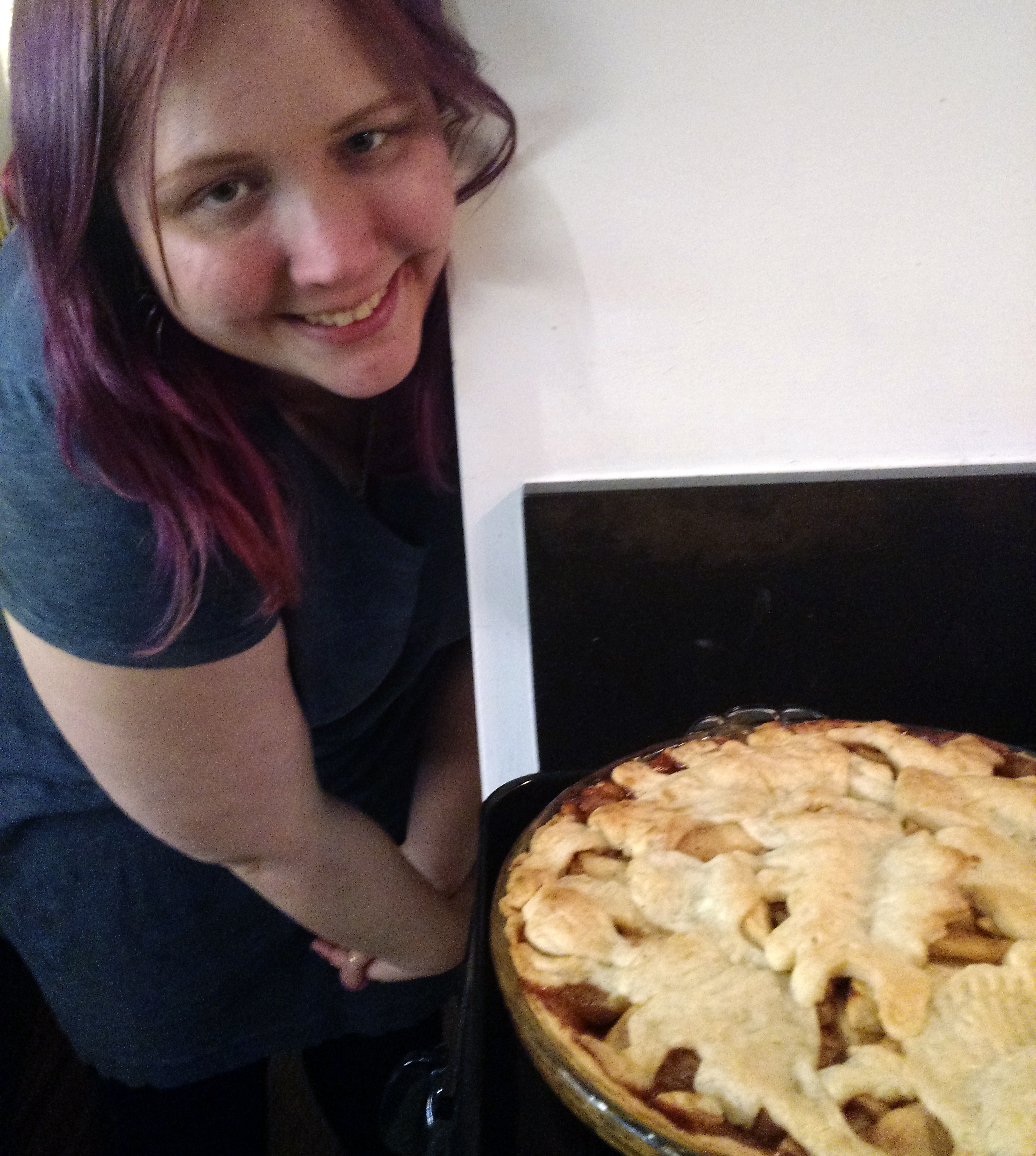Uber was robocalling me about Mayor Bill de Blasio's plan to place a cap on the number of vehicles they could operate in New York City. Uber has robocalled my home phone number - not the mobile number they have on file for me - four times to ask me to lobby on their behalf. This number has never been tied to my Uber account, so I asked them about the calls on Twitter.
(At the time, I had forgotten that I took an Uber last November with friends while traveling in San Francisco.)
I followed up with Uber over email a few minutes later at 10:08 am on Wednesday, July 22 to ask where they got my number:
Date: Wed, 22 Jul 2015 14:08:55 +0000
Subject: Stop calling my number
From: "Liz A. Denys"
To: support@uber.com
Hi Uber -
You have been robocalling my non-published phone number*, [number elided], to talk about De Blasio's changes to NYC livery rules. I do not wish to be contacted by you by phone, especially at a number that is not even tied to my Uber account. Further, I have not used your service under any definition of recently (Nov 2013 was the last time), so you should be respecting my number's entry in the do not call list.
If you'd like to give me information about how you obtained this number and why it was included in your business calls, I'd like to know.
*I verified this last night with my provider.
-Elizabeth Denys
Uber responded three days later:
Date: Sat, 25 Jul 2015 18:16:35 +0000
From: "Josh from Uber (Uber Support)"
Reply-To: Uber Support
To: "Liz A. Denys"
Subject: [Uber] Re: Stop calling my number
Hi Elizabeth,
Josh here, Uber Support. Thanks for reaching out.
Sorry to hear about these unrequested phone calls. It looks like there is another Uber account (not in your name) that has registered this phone number. In order for me to remove this phone number from the account that's using it, I will have to verify that this number is in your possession. This can be most efficiently done by sending in a screenshot that shows your full phone number (most often found in the settings section of your phone). After that, you should no longer receive this type of communication from us.
Again - I apologize for any inconvenience. I am happy to help if you have any other questions.
All the best,
Josh from Uber
I had been curious to hear how Uber had found a number that shouldn't have been available, but apparently, Uber believes that someone else signed up with my number! This is interesting, because Uber uses your mobile number and you have to confirm your mobile number over SMS. Last I checked, my landline couldn't do that.
Wondering how to get my landline out of their system, I replied:
Date: Sat, 25 Jul 2015 23:24:42 +0000
Subject: Re: [Uber] Re: Stop calling my number
From: "Liz A. Denys"
To: Uber Support
Hi Josh and Uber Support,
This number is not a cell phone, but a landline; there is nowhere to take a screen shot. How should I proceed?
-Elizabeth
Uber was nonplussed that I have a landline:
Date: Sat, 25 Jul 2015 23:40:57 +0000
From: "Josh from Uber (Uber Support)"
Reply-To: Uber Support
To: "Liz A. Denys"
Subject: [Uber] Re: Stop calling my number
Hey Liz,
What an odd situation! I have removed this number from the account in question, regardless, so you should no longer be receiving those phone calls. Please reach out if you experience any further issues.
All the best,
Josh from Uber
I was happy that Uber probably wouldn't call my number again, but that still doesn't explain something else about their calls - that they knew I lived in Stephen Levin's district. (He sponsored the bill against Uber.) I reached out again:
Date: Sun, 26 Jul 2015 01:47:09 +0000
Subject: Re: [Uber] Re: Stop calling my number
From: "Liz A. Denys"
To: Uber Support
Hi Josh and Uber Support -
It does seem a little odd to me that someone was using my number for Uber since Uber needs a mobile phone number, not a landline, right?
I'm also curious how your voice messages knew that I lived in Brooklyn, if it wasn't tied to my account. I was even more confused that Uber's voice messages mentioned that I specifically live a district with a council member sponsoring the bill in NYC Uber was concerned about. (I assume you are referring to my council member Stephen Levin?)
Do you have any more information on this matter?
Thanks,
Liz
Uber has yet to get back to me.
I personally know other New Yorkers who have received calls from Uber at their landlines about the bill - including some who have never even created an Uber account or stepped into an Uber vehicle.
These are the voice messages Uber left me. I've added the dates and phone numbers from caller ID into the transcript for reference.
You have 4 old messages.
Thursday 3:32 pm [July 16, 2015 from 347 695 8537]
You spend your whole life unable to get a cab home, just because you don't live in Manhattan. Now, de Blasio wants to make it harder for Uber and other apps to help you get home - just to take care of his buddies with taxi medallions that give him lots of campaign cash. But your council member should stand up for you. Call your council member and tell them to protect you, not the taxicabs who snub their noses at you every day. You deserve better. Paid for by Uber.
Saturday 2:07 pm [July 18, 2015 from 607 385 2105]
Hi, it's Molly with Uber, and we need your help. Uber ended the days when you couldn't get a ride home because cabs didn't want to leave Manhattan. Now, Mayor de Blasio is trying to bring the bad old days back because his millionaire taxi donors are telling him to. But why on Earth would your council member ever consider voting for something like this? He should stand up for you!
Monday 2:55 pm [July 20, 2015 from 718 690 9407]
Uber ended the days when you couldn't get a ride home because cabs didn't want to leave Manhattan. Now, Mayor de Blasio is trying to bring the bad old days back because his millionaire taxi donors are telling him to. But why on earth would your council member ever consider voting for something like this? He should stand up for you, not take orders from the mayor. Your council member is sponsoring this bill, and we need your voice.
Tuesday 11:44 am [July 21, 2015 from 914 775 7597]
Hi it's Derek with Uber, and we need your help. Uber ended the days when New Yorkers had to worry about being able to find a reliable ride home. But now, Mayor de Blasio wants to cap the number of drivers that can partner with us, ending Uber as you know it just because his millionaire taxi donors are telling him to. The Daily News has called de Blasio's cap on Uber, quote, disingenuous and a bad deal for New Yorkers. Please call your council member and tell them to oppose the anti-Uber bill, because --
End of messages.


